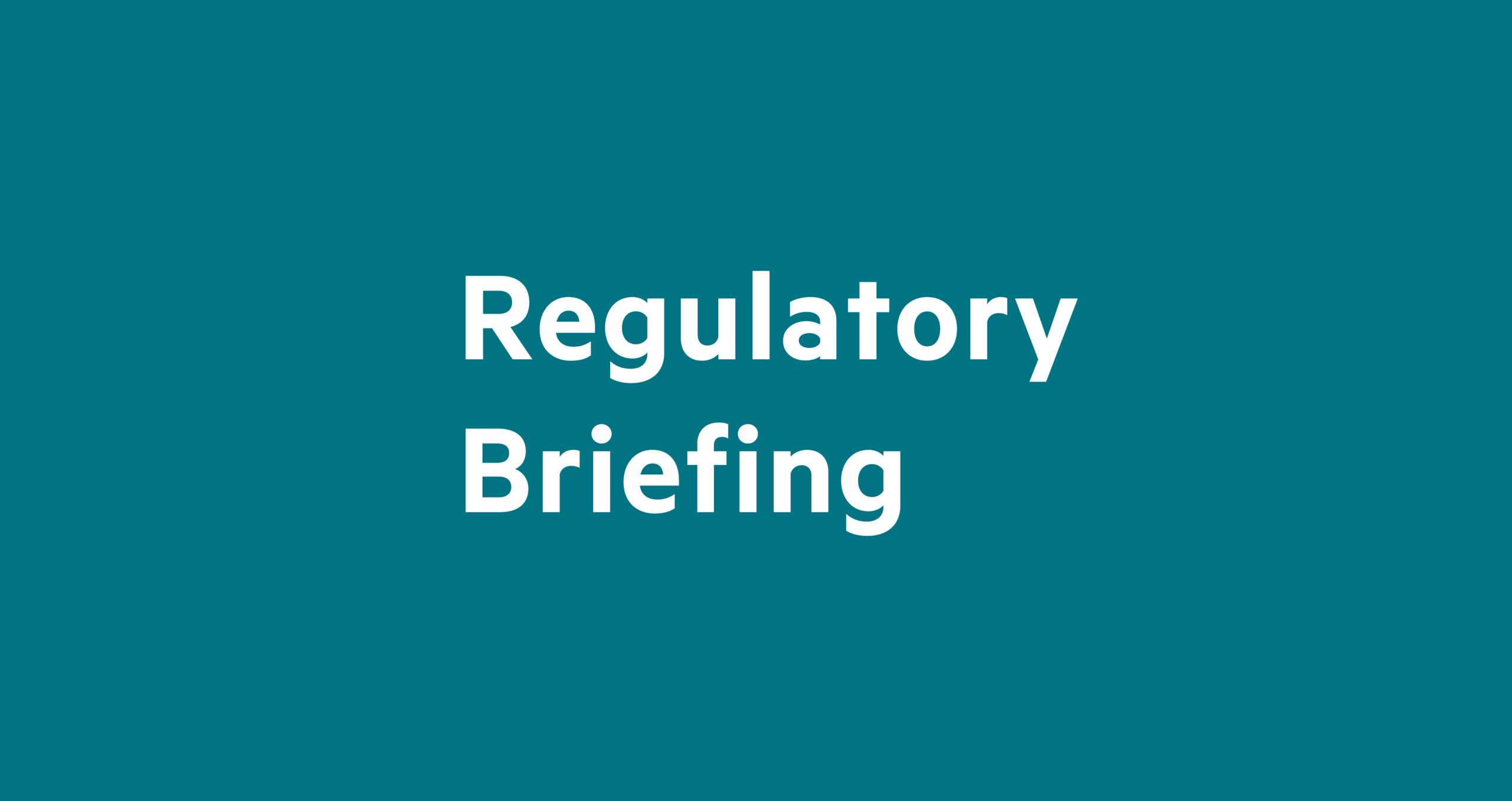

The case for regulating ESG data and ratings is becoming increasingly stronger as the UK Financial Conduct Authority has thrown its weight behind the idea. The FCA says it sees “a clear rationale for regulatory oversight of certain ESG data and rating providers” in line with proposals made late last year by the International Organization for Securities Commissions.
The FCA sets out its view in a feedback statement entitled “ESG integration in UK capital markets”. It is, in effect, now asking the UK Treasury to extend its remit to include ESG rating providers. Primary legislation might be required to extend its powers and the FCA proposes a voluntary code of conduct in the interim.
Regulators in the EU and India are also looking into the matter. Some industry respondents to a European Commission consultation have called for greater transparency on ESG scoring methodologies.
What Iosco says. Iosco secretary general Martin Moloney told Sustainable Views: “It is excellent to see a number of jurisdictions moving ahead to develop regulatory frameworks, but inevitably this takes time and is dependent on the development of strong, well-assured issuer information. Greenwashing is here today.”
Iosco says a key issue is the currently unavoidable dependence on non-public, and usually unaudited, ESG information. Hence representative bodies need to promote good practice to improve the trustworthiness of data providers.
“This is not rocket science: putting in place detailed written procedures setting out clearly defined methodologies will go a long way. Internal processes to copper-fasten the independence of those involved in developing ratings is also key. Where there are conflicts of interest, be honest and open about it, and explain how your organisation ensures that those conflicts of interest don’t impact on ratings,” said Moloney.
Moloney also believes there needs to be a recognition that the public cares about this issue. So data providers must communicate to the general public about what they do and respond diligently to issues raised by entities covered by their ratings.
The FCA view. The UK supervisor lends some measured support to the much-criticised ESG ratings sector, despite the huge divergence in ratings that can be awarded to the same company by different rating agencies. “We consider that this reflects the inherent multidimensionality of ESG, the multiplicity of ESG rating and rating‐like products (often with different aims and objectives), and the continued innovation in methodology as the sector grows and evolves,” it says.
Significantly, however, systemic risks may exist because ratings are now embedded into the ESG investment ecosystem. ESG ratings are integral to benchmarks and indices, and are included as the basis for investment mandates and strategies. “As a result, certain ESG data and rating products may be expected to influence capital allocation decisions, potentially creating systemic effects,” it adds.
In its feedback statement, the agency cites the recent scrutiny over holdings of indices relying on specific ESG ratings after sanctions were imposed on Russia.
The approach originally laid out by Iosco is based around creating transparency about ratings methodologies, then letting investors make up their own minds about what is most credible in this fast-evolving market. There is no direct attempt to make ratings from different providers consistent with one another, far less to develop a single global standard.
Missing element. Justin Elks, head of risk consulting at advisory firm Crowe UK, praises the FCA for a relatively cautious and pragmatic approach, including a focus on encouraging appropriate behaviour. The key element missing is how the FCA will supervise this area in the future, however. “Supervision is where the rubber will hit the road in using regulation to tame the complexity of ESG,” Elks says.
The first national authority to propose regulation of the ratings sector was the Securities and Exchange Board of India. The European Commission is deciding whether to go down the legislative road and intends to unveil its initiatives in the first quarter of 2023. The US Securities and Exchange Commission considered ESG factors in a January staff report on “Nationally Recognised Statistical Rating Organizations”.
.
Similar Articles

UK Climate Change Act remains legally sound 15 years on, experts say

Nature degradation could cause financial losses to the UK economy greater than Covid-19 and 2008 financial crash


